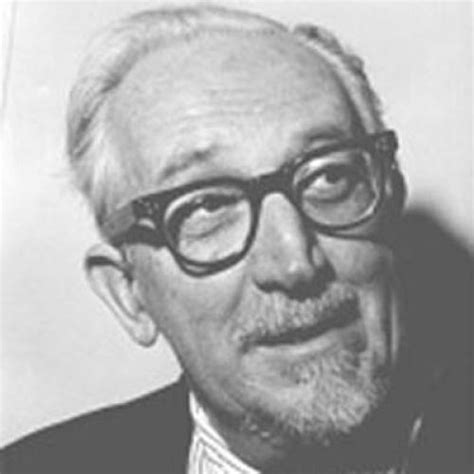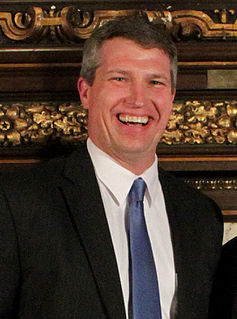A Quote by Bobby Seale
To develop political and economic power in a capitalist society, you need capital.
Quote Topics
Related Quotes
Viewed as a means to the end of political freedom, economic arrangements are important because of their effect on the concentration or dispersion of power. The kind of economic organization that provides economic freedom directly, namely, competitive capitalism, also promotes political freedom because it separates economic power from political power and in this way enables the one to offset the other
What sets imperialism of the capitalist sort apart from other conceptions of empire is that it is the capitalist logic that typically dominates, though ... there are times in which the territorial logic comes to the fore. But this then poses a crucial question: how can the territorial logics of power, which tend to be awkwardly fixed in space, respond to the open spatial dynamics of endless capital accumulation? And what does endless capital accumulation imply for the territorial logics of power?
Thus, the capital owner is not a parasite or a rentier but a worker - a capital worker. A distinction between labor work and capital work suggests the lines along which we could develop economic institutions capable of dealing with increasingly capital-intensive production, as our present institutions cannot.
Absorbing foreign capital and technology and even allowing foreigners to construct plants in China can only play a complementary role to our effort to develop the productive forces in a socialist society. Of course, this will bring some decadent capitalist influences into China. We are aware of this possibility; it's nothing to be afraid of.
Capitalist exploitation and cartels and monopolies are the enemies of underdeveloped countries. On the other hand a regime which is completely oriented towards the people as a whole and based on the principle that man is the most precious of all possessions, will allow us to go forward more quickly and more harmoniously, and thus make impossible that caricature of society where all economic and political power is held in the hands of a few who regard the nation as a whole with scorn and contempt.




































